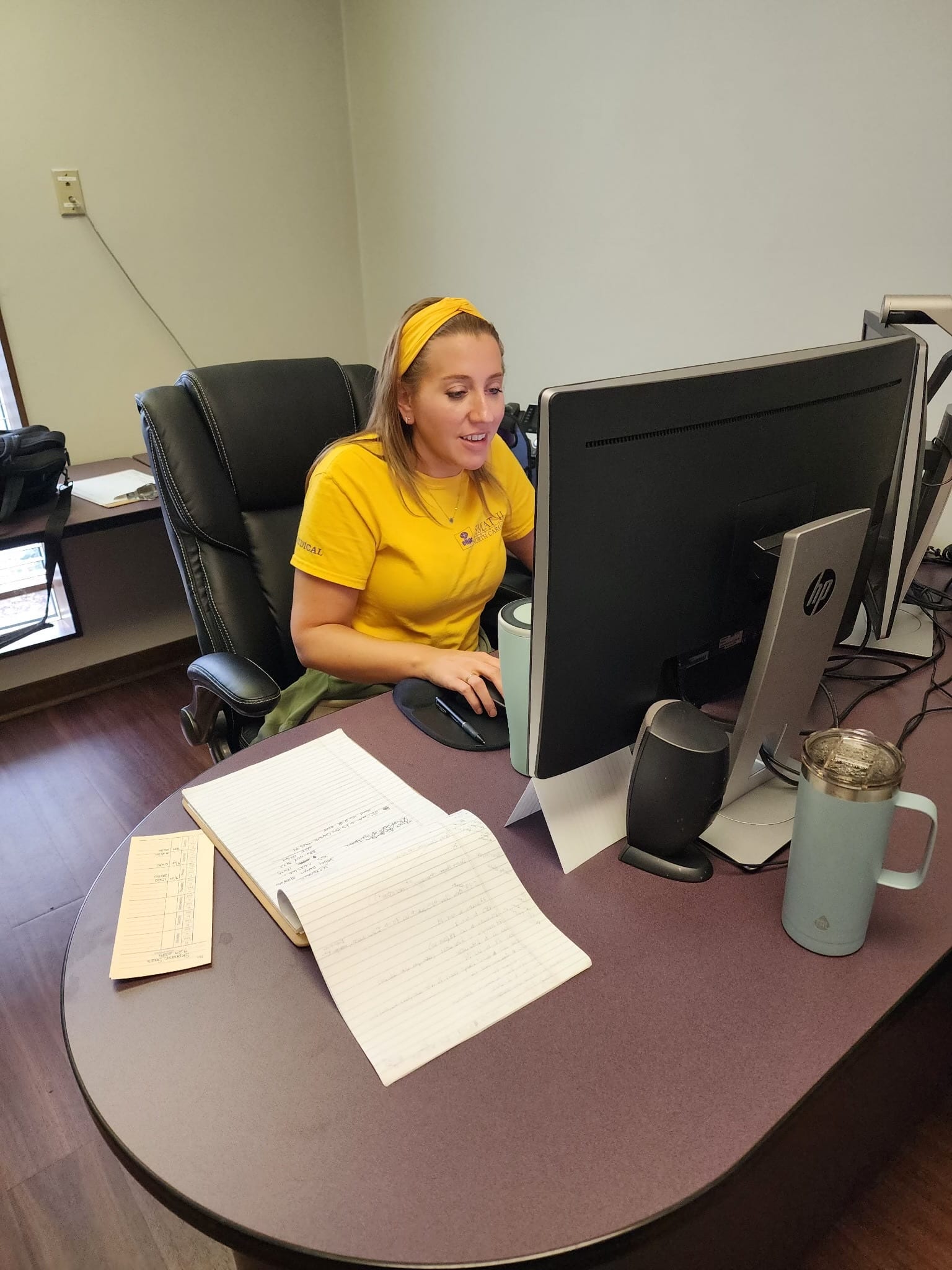Eastern North Carolinians know all too well the devastation that accompanies major hurricanes. When Hurricane Helene hit our neighbors to the west, ECU Health and Eastern Healthcare Preparedness Coalition (EHPC) team members did not hesitate to answer the call. Since Friday, these specialized team members have been providing ongoing support to hospitals and health care facilities as they work to ensure patients can be safely cared for in the fallout of the catastrophic storm.
“Our folks are great. As soon as this happened, our disaster preparedness group started putting together what we have, how can we help and how we can get there,” said ECU Health Chief Operating Officer Brian Floyd. “One of the things I love about ECU Health is we are filled with people who just care. I could not be more proud of the collective response from our team members, including those who went as part of our organizational response, and those who are helping donate to recovery efforts.”
Across western North Carolina, more than 20 hospitals were impacted by the storm and thousands of people left devastated. Some are without water and power and others are in various phases of assessment and stabilizing operations. Beyond facility issues, hazards rendered the roads dangerous and, in some cases, unable to be used at all.

Through our EHPC, ECU Health is closely aligned with NC Emergency Management for daily coordination of hospital and patient care needs. In one example, the team directly supported the evacuation of 23 residents in a care facility and help relocated the individuals to a safer location using the Medical Ambulance Bus.
Stephanie Seals, disaster services specialist with EHPC, was among the first group of team members to deploy to western North Carolina. Within 24 hours, the team “pre-deployed” to the area carrying supplies, the ambulance bus and experts to help. The ECU Health team was among the first to arrive in the region in the early hours after the storm moved through.
Shortly after she arrived on-site in western North Carolina, Seals was tasked with an important job by the state: directing the Statewide Patient Coordination Team support cell. This support cell – which is vitally important given the outages impacting connectivity at hospitals and health care facilities – brings all transfer centers together to help expedite critical care transports out of the western part of the state and to safer locations.
Many transfers from impacted hospitals to new locations have required assistance from the Statewide Patient Coordination Team support cell. This process involves assessing patient needs, working to find capacity at a new facility and helping to arrange critical care transport.
“It’s hard to overstate the importance of this work, especially during a disaster that impacts critical communication services that care teams and patients rely on,” said Seals. “It takes tremendous coordination to ensure we can get patients safely transferred to a facility that has availability to care for them. In some cases, we’re receiving phone calls from people huddled in the corner of the hospitals because that’s the only place they can get service for a few moments. From there, we take that information to help arrange the necessary transport services.”
Should patients need to be transferred as far east as ECU Health, the system stands ready to serve patients and families from western North Carolina. In the meantime, as recovery efforts continue, ECU Health and EHPC are continuing to do their part to support those impacted by the devastation of the storm in whatever way they can.
“ECU Health is deeply involved and fully aware of what’s going on and is staying connected in the work, and we need to remember this is not a short-term turnaround,” said Floyd. “This issue is going to take a long time for them to get to some form of stability. But we’re here to help and committed to doing what we can to support those impacted.”